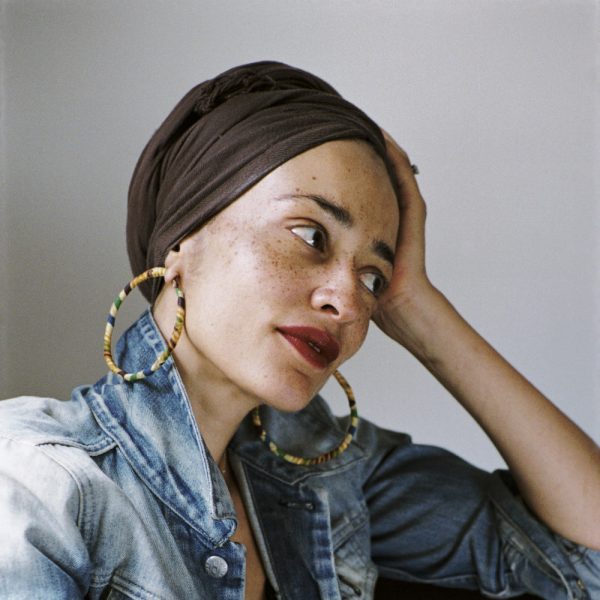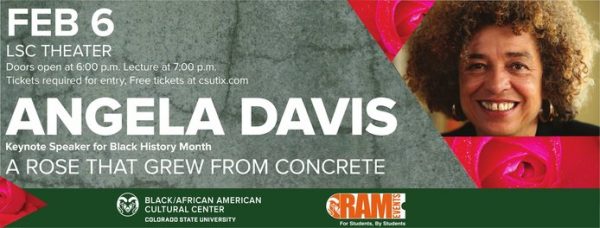
Zadie Smith is a British novelist, essayist, and short-story writer. Smith was born Sadie Smith in the north-west London borough of Brent to a Jamaican mother and an English father in 1975. When she was 14, she changed her first name to Zadie. As a child she was fond of tap dancing and in her teenage years she considered a career in musical theatre. While at university, Smith earned money as a jazz singer, and wanted to become a journalist. However, writing eventually emerged as her principal interest.
While studying at Cambridge, Smith published a number of short stories in a collection of new student writing called The Mays Anthology. They attracted the attention of a publisher who offered her a contract for her first novel. Her début novel, White Teeth, completed during her first year studying at Cambridge, immediately became a best-seller and won a number of awards, including The Whitbread First Novel Award, The Guardian First Book Award, The James Tait Black Memorial Prize for Fiction, and The Commonwealth Writers’ First Book Award. The novel was adapted for television in 2002.
In interviews, Smith said that the hype surrounding her first novel had caused her to suffer briefly from writer’s block. Even though she struggled for a bit, Smith has gone on to publish a total of five more books, all of which have also garnered acclaim from critics and readers alike, as well as various awards. After teaching fiction at Columbia University School of the Arts, Smith joined New York University as a tenured professor of fiction in 2010, where she still teaches, listing her research interests as “Fiction writing; literary and cultural criticism.” Between March and October 2011, Smith was the monthly New Books reviewer for Harper’s Magazine. She is also a frequent contributor to the New York Review of Books. In 2017, she was awarded the Langston Hughes Medal. She’s also a fellow of the Royal Society of Literature.
In 2010, Smith published “10 rules for writing fiction“ in The Guardian newspaper, of which the tenth is “Tell the truth through whichever veil comes to hand – but tell it. Resign yourself to the lifelong sadness that comes from never being satisfied.” When asked in a recent interview if she felt she had a dual role as an author and also a “voice” of her community, Smith responded,
My trouble is I can’t think of community in the singular. Doesn’t everyone exist in a Venn diagram of overlapping allegiances and interests? I’m a black person, also a woman, also a wife and mother, a Brit, a European – for the moment – a Londoner, a New Yorker, a writer, a feminist, a second-generation Jamaican, a member of the African diaspora, a Game of Thrones-er, an academic, a comedy-nerd, a theory-dork, a hip-hop-head and so on.
I am delighted to be all these things and everyone, no matter where they are from – if they really think about it – will find themselves with a similar plurality of communities. At different moments, you’ll feel the pull of certain commitments more strongly, especially if an aspect of your identity is particularly embattled.
Smith is married to Northern Irish novelist and poet Nick Laird. The have two children and split their time between between New York City and Queen’s Park, London. Her new collection of essays, Feel Free, is on sale 2/6/2018 — TODAY!
Today’s CSU Black History Month Event:
